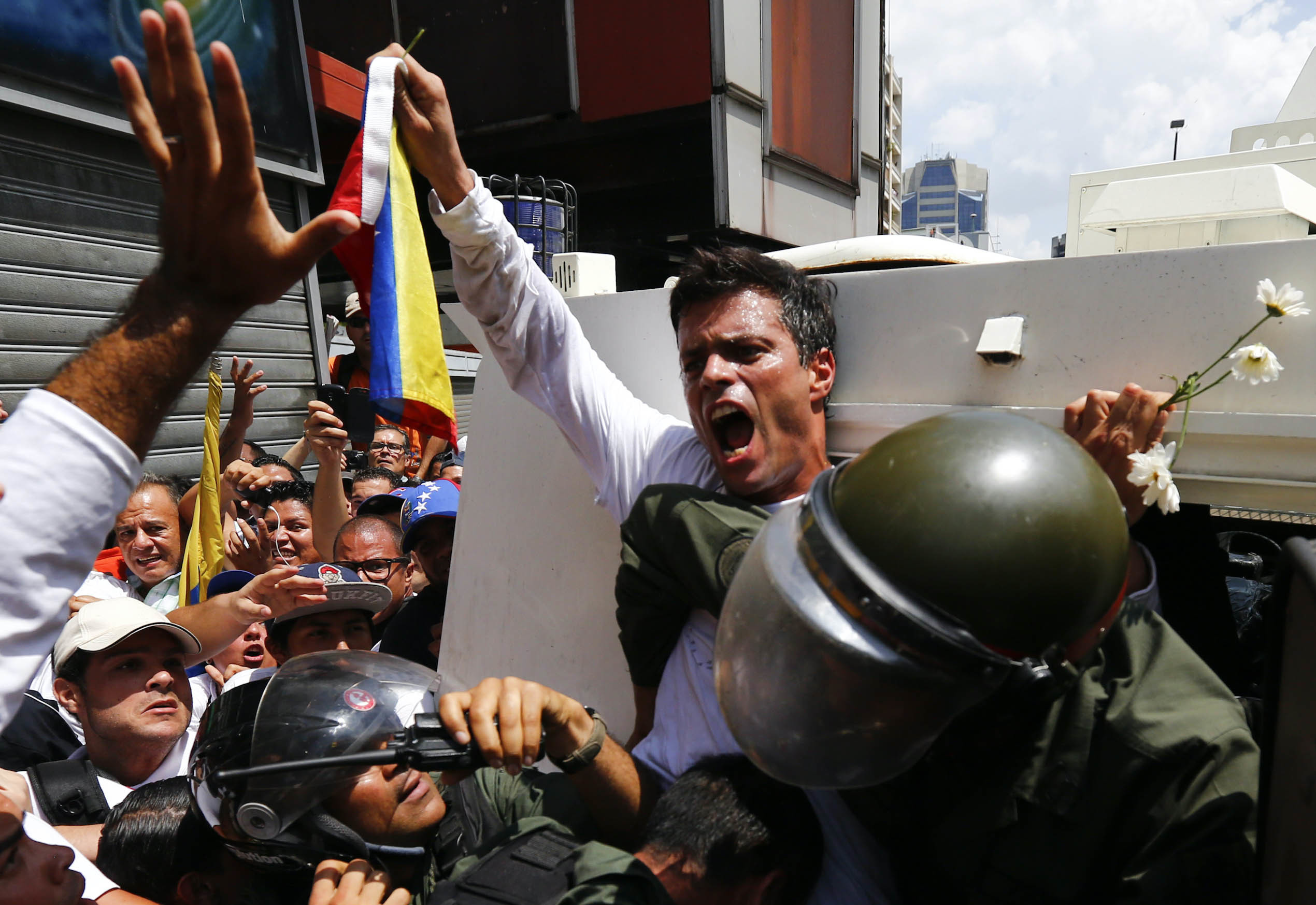the spectre of Hugo Chavez looms large over Venezuelan society, years after his death. His movement gained huge popularity and he became an almost messianic figure, in and outside of the country. At one time ‘Chavismo’, a mix of left-wing populism and social reform, was a potential competitor to capitalism. However, any improvements often came at the cost of personal freedoms and as the oil prices plummeted so did the economy.
When Nicolás Maduro took over the country was already in dire straits, but his increasingly dictatorial regime has seen a rise in corruption, oppression and unemployment. In the face of a public outcry and rising police brutality, the then head of the National Assembly, Juan Guaidóhe, declared himself interim president. Despite international recognition, Maduro remains in power. A La Calle follows ordinary Venezuelans as they take to the streets to demand justice.
Using a network of undercover reporters and spending three years interviewing key opposition figures, A La Calle documents a nation desperate for change. Maxx Caicedo and Nelson G. Navarrete’s film documents the parlous state many hardworking Venezuelans find themselves in. Many see no choice but to leave, in ever-increasing numbers. A La Calle highlights the desire and determination of the ordinary people to take their country back.
A La Calle screens at Human Rights Watch Film Festival London.














No Comment